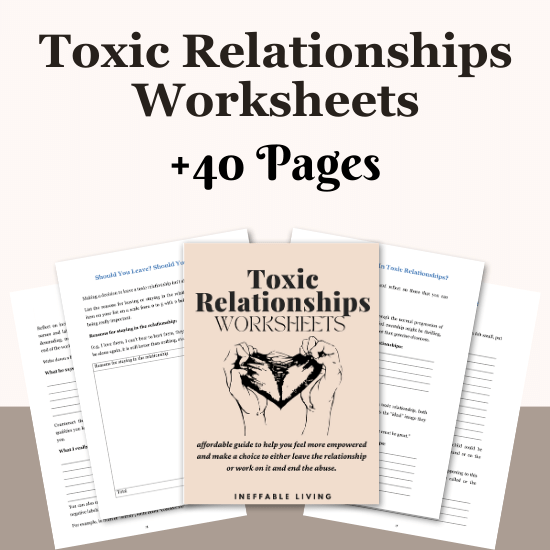In this post, you’re going to learn the difference between love bombing and infatuation.
Love Bombing
Love bombing is a manipulative tactic employed by individuals with narcissistic tendencies to gain control and establish emotional dependence in a relationship.
It involves overwhelming displays of affection, attention, and grand gestures in the early stages of a relationship, often with the intention of creating an intense emotional bond and fostering a sense of reliance on the love bomber.
Key characteristics of love bombing include:
1. Calculated and Manipulative Intent
Love bombing is characterized by a calculated and manipulative intent to exert control over the targeted individual.
The love bomber employs excessive displays of affection and attention as a means of gaining power and influence within the relationship.
2. Uneven Power Dynamics
Love bombing often leads to significant power differentials within the relationship, with the love bomber wielding a disproportionate amount of control and influence over the targeted individual’s emotions and behaviors.
3. Isolation and Dependency
Love bombers may seek to isolate their targets from external sources of support and validation, fostering a sense of emotional dependency and reliance on the love bomber for affirmation and connection.
Related: Am I Being Love Bombed Quiz
4. Lack of Genuine Empathy
Love bombing tends to be devoid of genuine empathy and understanding, as the primary goal is to manipulate and control rather than to nurture a mutually respectful and caring relationship.
Infatuation
Infatuation, on the other hand, refers to a state of intense emotional attraction and fixation on another person, often characterized by idealization, euphoria, and a heightened focus on the object of affection.
While infatuation can involve intense emotions, it differs from love bombing in several key aspects:
1. Authentic Emotional Experience
Infatuation typically encompasses genuine feelings of infatuation and admiration for another person, without the calculated manipulation and control inherent in love bombing.
2. Reciprocal Dynamics
In healthy infatuation, there is a sense of mutual attraction and emotional intensity between both individuals, with neither party seeking to exert disproportionate control or create emotional reliance.
3. Potential for Growth and Development
Although infatuation can initially be intense, it has the potential to evolve into a deeper, more balanced emotional connection based on mutual respect and understanding as the relationship progresses.
4. Respect for Boundaries
Individuals experiencing infatuation are more likely to respect each other’s boundaries and autonomy, whereas love bombing often involves disregarding or pressuring the target to disregard their own boundaries.
Related: Love Bombing Then Ghosting: Top 9 Ways to Deal with It
Love Bombing vs Infatuation
Love bombing is a manipulative tactic used to gain control and create emotional dependence in a relationship, characterized by calculated and excessive displays of affection and attention with the intent of controlling the targeted individual and creating an uneven power dynamic.
Infatuation, on the other hand, refers to an intense emotional attraction and fixation on another person. It is typically a genuine emotional experience without manipulative intent, often involving mutual attraction and reciprocal dynamics without the goal of exerting control or creating dependency.
Love Bombing:
– Love bombing is a manipulative tactic used to gain control and emotional dependence in a relationship.
– It involves calculated and excessive displays of affection and attention with the intent of controlling the targeted individual.
– The primary goal of love bombing is to create an uneven power dynamic and foster emotional reliance on the love bomber.
Infatuation:
– Infatuation refers to an intense emotional attraction and fixation on another person.
– While intense, infatuation is typically a genuine emotional experience devoid of manipulative intent.
– In healthy infatuation, there is a sense of mutual attraction and reciprocal dynamics without the goal of exerting control or creating dependency.
Related: Breaking Trauma Bond With A Narcissist

Conclusion
It is important to note that infatuation can exist within the context of healthy, reciprocal relationships.
When both parties involved maintain respect for each other’s autonomy and well-being, infatuation can be a natural and enjoyable aspect of romantic interactions.
Differentiating between love bombing and infatuation is essential for individuals to recognize and navigate the complexities of their emotional experiences within relationships.



